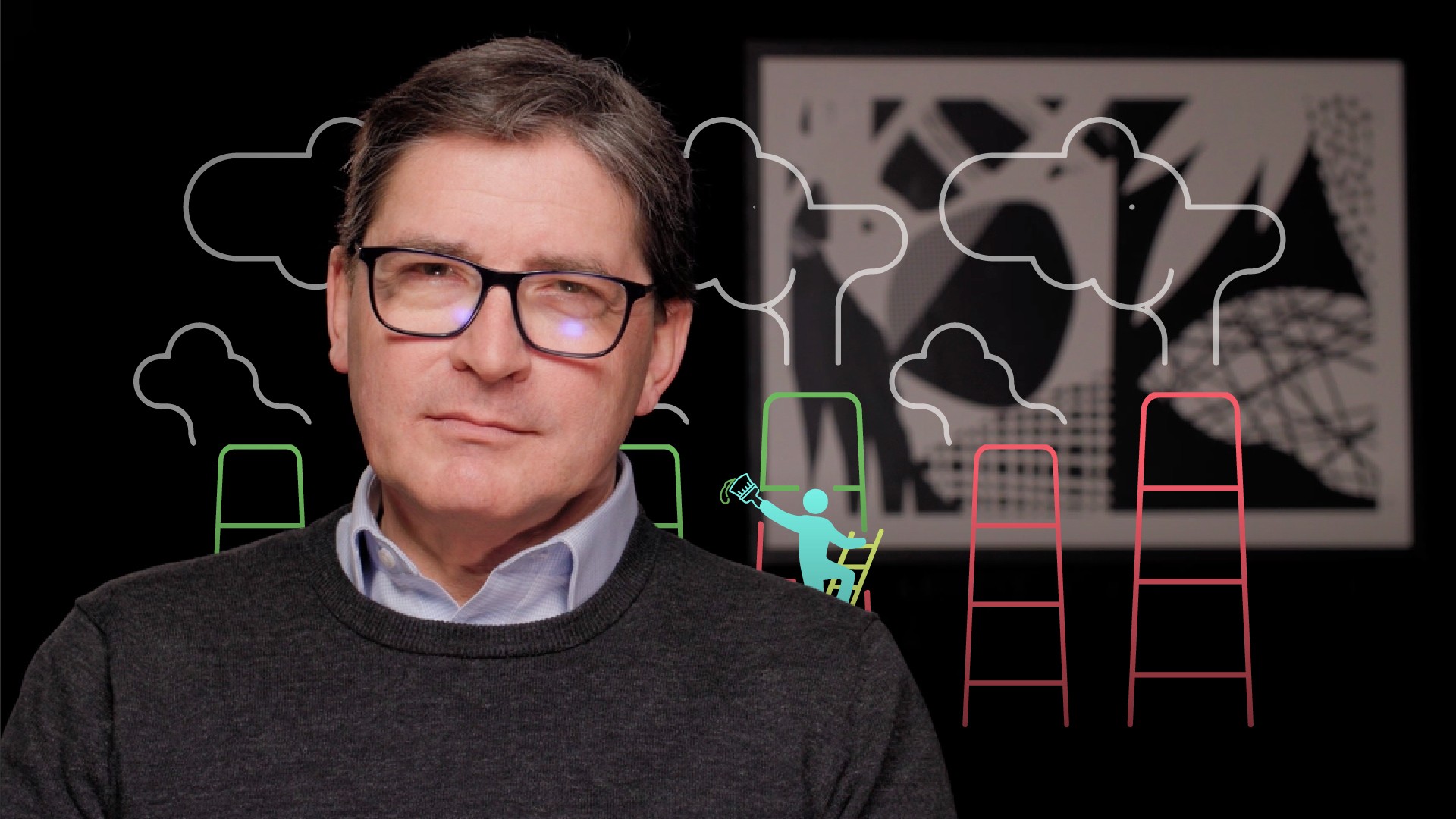
Introduction to ESG I

Roger Miles
25 years: Behavoural science & conduct
In this video, Roger Miles explores the concept of greenwashing in the 21st century, where businesses are expected to demonstrate good behaviour in environmental, social, and governance (ESG) aspects.
In this video, Roger Miles explores the concept of greenwashing in the 21st century, where businesses are expected to demonstrate good behaviour in environmental, social, and governance (ESG) aspects.
Subscribe to watch
Access this and all of the content on our platform by signing up for a 7-day free trial.

Introduction to ESG I
8 mins 58 secs
Key learning objectives:
Understand the development and evolution of ESG responsibilities among corporates
Understand the concept of greenwashing and its impact on stakeholders
Overview:
The classic shareholder capitalism model has been criticised for prioritising short-term gains at the expense of long-term sustainability. ESG defines "bad behaviour" as conduct that harms civil society, encompassing environmental damage, mistreatment of workers, abuse of customers, and governance activities against the public interest. This has led to a demand for universal ESG reporting standards with Governments and regulators responding to public concerns by introducing new ESG standards, seeking to identify and expose "bad behaviour," including false claims of ESG compliance, known as greenwashing.
Subscribe to watch
Access this and all of the content on our platform by signing up for a 7-day free trial.
Subscribe to watch
Access this and all of the content on our platform by signing up for a 7-day free trial.

Roger Miles
There are no available Videos from "Roger Miles"





























